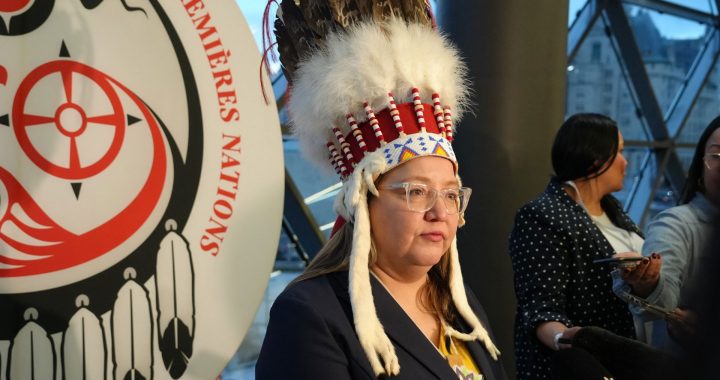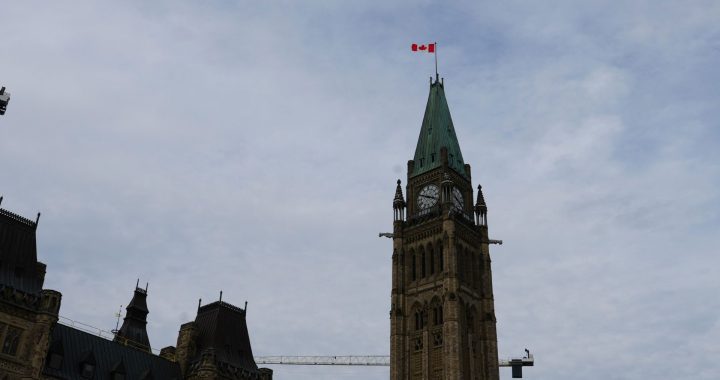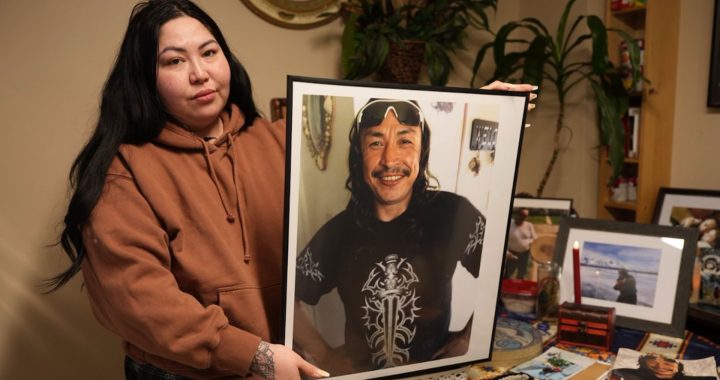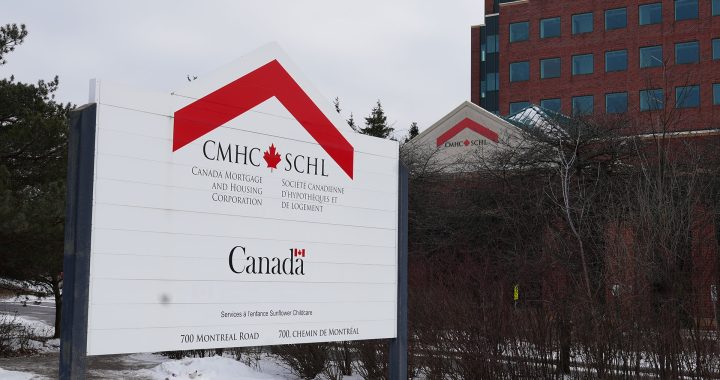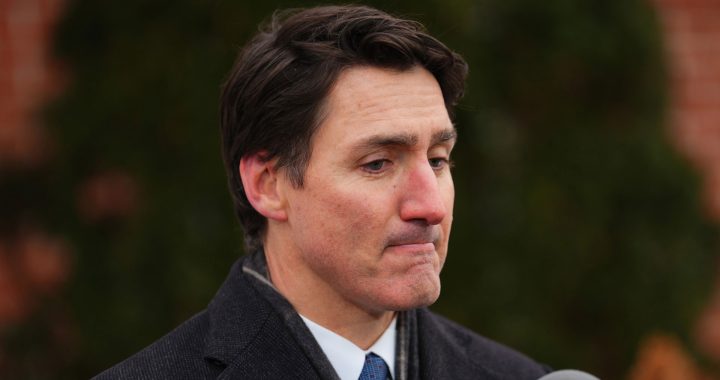Cindy Woodhouse Nepinak says she still a lot of work to do in terms of seeking justice in the next couple of years that she has left sitting in the top seat for First Nations people.
“We will continue to call for an inquiry into police brutality, police killings,” the national chief of the Assembly of First Nations told Face to Face guest host Tiar Wheatle. “I want to stand with all those mothers and families that have lost loved ones,” she said, including re-visiting the work of the National Inquiry into Missing and Murdered Indigenous Women and Girls, MMIWG, I know there is a lot of work that is unfinished there.”
Her first year surrounded some controversy around child welfare. Woodhouse Nepinak was often in headlines and seen as a catalyst for trying to push through the $47.8 billion child welfare reform deal that was voted down by the majority of chiefs at an AFN gathering in Calgary. Despite the deal not going through, she said the issue is out in the public eye and can’t be ignored anymore.
“You just see it in all of our families and communities. And you see the record number of people that came to our assembly in October to talk about it and the passion that you seen from people, whether they were for or against the $47.8 billion, everybody agreed that the system needs to change,” Woodhouse Nepinak said.
“I don’t think First Nations should get anything less than that.”
Another issue that Woodhouse Nepinak says chiefs in assembly have asked her to push forward is the issue of First Nations citizenship.
“One thing that also strikes a cord with all of us, is the membership of First Nations and how we are always questioned about that. No other group in the entire world or the country would ever be questioned like that except First Nations people. And I think the membership codes need to be changed,” she said.
Woodhouse Nepinak grew up on the Pinaymootang First Nation in central Manitoba. Her father Garnet Woodhouse was the former chief in the community for over two decades. She is also a relative of chief Richard Woodhouse, one of the original signatories of Treaty 2.
As someone who grew up around politics, she learned from an early age it is often cut throat, “I don’t think you ever choose politics. Politics is a really hard seat to sit at,” Woodhouse Nepinak said.
“I grew up of course as a chief’s daughter, that was always really difficult. I remember, being slammed in the Globe and Mail at 15 for a school I went to. And I think all those things, I think sometimes Creator puts you where you are supposed to be,” she said.
Woodhouse Nepinak has been in her role since December 2023. Before that she was the regional chief of Manitoba for the AFN, an organization that represents more than 600 First Nations in Canada. She said she often calls those before her to get advice on the pressing issues.
“I am glad for the advice, the guidance of you know, many national chiefs before me, like I call many of them up and get their advice. I am thankful for that,” Nepinak Woodhouse said.
Woodhouse Nepinak’s education consists of a bachelor of arts degree from the University of Winnipeg. She also has taken the Harvard Business School Tribal Leaders program.
She leaves advice for First Nations youth who may be wanting to follow a similar political path, “Build relations with Canadians. Join a political party which ever one that may be. I think we need First Nations in all political parties. Whether it be conservatives, liberals, the greens, the ndp, because that is where policy changes happen,” she said.
“At the same time focusing on your education. Education can be difficult from time to time, I struggled my first year of university, and I had to go back a little later in my 20s, but that’s ok and if you fail, get up again.”







